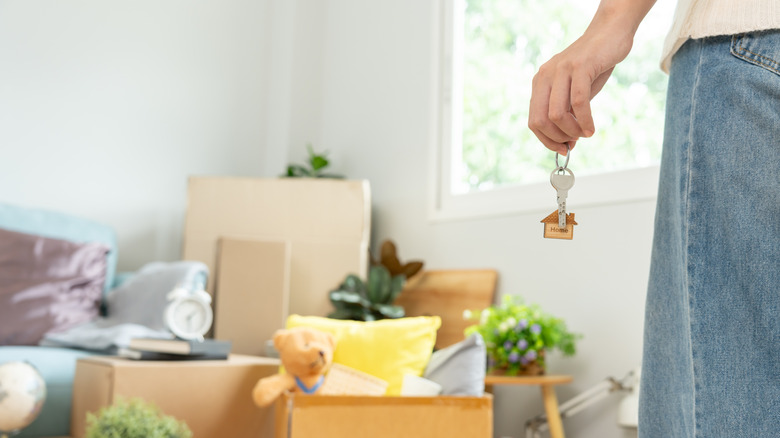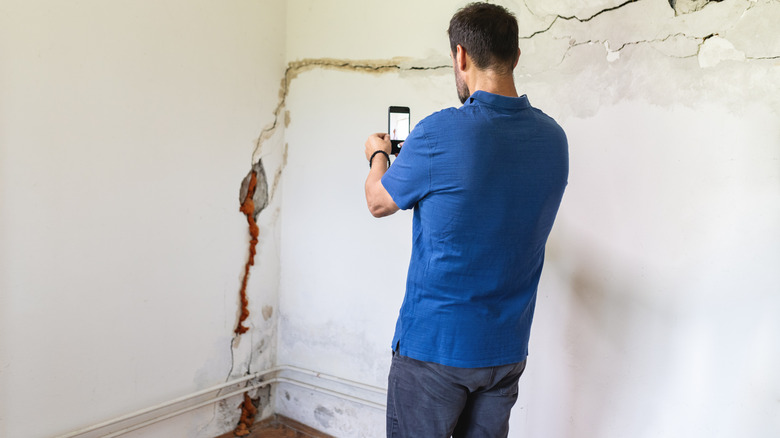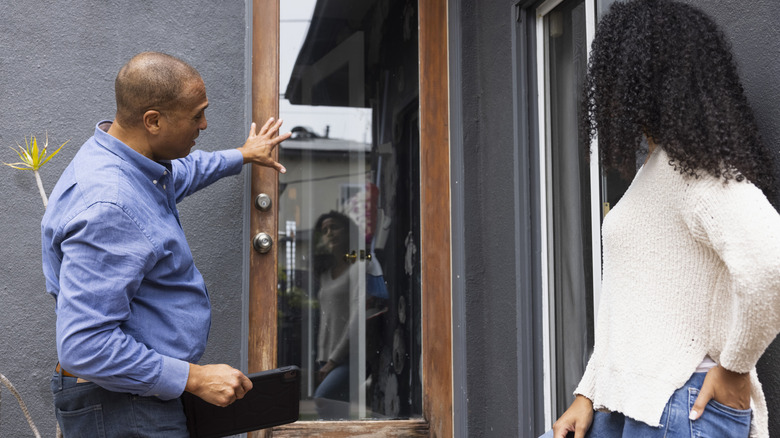Does Renting Out Your Home Lower Its Value?
It's common for homeowners to have to move out of a house that they've purchased. It could be a new job that makes them move to another state, an expanding family that needs more rooms for children, or just a desire for a fresh new start. When that happens, and homeowners have to vacate their house before they're ready to sell it, the question becomes whether or not to rent it out in the meantime. Specifically, many homeowners wonder whether renting their house will lower its resale value down the line.
That's a fair question. When renting their house, homeowners can't be sure that the tenants will treat it with the same love and attention they would. It's possible that tenants could cause damage, but they might also neglect some issues like a water leak, mold growing on the ceiling, or a loose window that needs fixing. But the issue isn't just the tenant; it's also the landlord. If you live far away or have a full-time job, being a dutiful and available landlord can be tough. And when you fall behind on maintenance, the house's resale value can go down.
But while renting out your home can, in some cases, lower its value, it's far from a black-and-white rule. It depends on your ability to be a hands-on landlord and how quickly you can fix issues before they arise or get out of control. The thing is, rental income is a huge financial advantage that can help you do that. It helps you cover mortgage payments, taxes, maintenance, and other expenses. The less financial stress you're under and the more money you have to spend on the house, the easier it is to keep it in top condition, which helps maintain its value.
How renting a house can lower its value
In order to make an informed decision about whether to rent your home before selling it, it's important to understand the ways in which it can negatively affect its value. A key issue could be tenants causing damage that will cost you lots of money to fix before selling, or that will diminish the home's value on the market. Things like damaged drywall, cracked windows, or lingering pet smells can happen. In some cases, tenants might not keep the house clean, which can result in pest infestations, too.
Depending on which state you live in, you can charge tenants a security deposit at the start of their lease, which can help you cover some of the damages when they leave. In some cases, you might be able to claim coverage from the tenants' civil liability insurance or your own landlord insurance to help you get the house in better selling condition. In any case, make sure to thoroughly screen tenants before renting your home, and look into local laws about whether you can require them to purchase tenant insurance.
While this kind of severe damage is scary, it's not common. Often, damage might be the simple result of wear and tear and delayed maintenance. For example, an air conditioner might be getting too old, electrical wires might fray, plumbing might require some work, and gutters can come loose. Where a homeowner might notice it right away and fix it, there is no guarantee that a tenant will do the same. This risk is something to consider before becoming a landlord.
How to preserve property value while renting
The best way to maintain a home's value is to be a proactive landlord. Routine inspections are possible, though the rules on how often they're allowed depend on local regulations, and it's typically necessary to ask the tenant for their permission in advance (though the amount of notice varies locally). In order to keep a positive relationship with your tenants, it's important to respect their privacy by giving them enough notice and by being consistent with visits (for example, avoid changing the date at the last minute). In addition, remember that landlords aren't legally allowed to look through a tenant's belongings.
Dropping by once a year for a preventative check on the home can go a long way in maintaining a property's value. This is your occasion to check on the roof, windows, drains, and HVAC. It's also a good time to check on fire alarm systems, carbon monoxide detectors, locks, and appliances. A routine check is also an opportunity for tenants to share any concerns they have, which can help you make a list of anything else that needs work, like a leaky faucet or sticky keyhole, Tenants can also legally ask landlords to improve and replace certain things around the house, which can help you keep the home in mint condition over time.
By being hands-on and proactive, landlords can significantly reduce the risks of their home's value going down before they're ready to put it on the market. This is also a great way to avoid emergencies and repairs, which are more costly than maintenance. Plus, keeping the house in good condition is a fantastic way to retain tenants, who are more likely to stay in a home that's being actively looked after.


